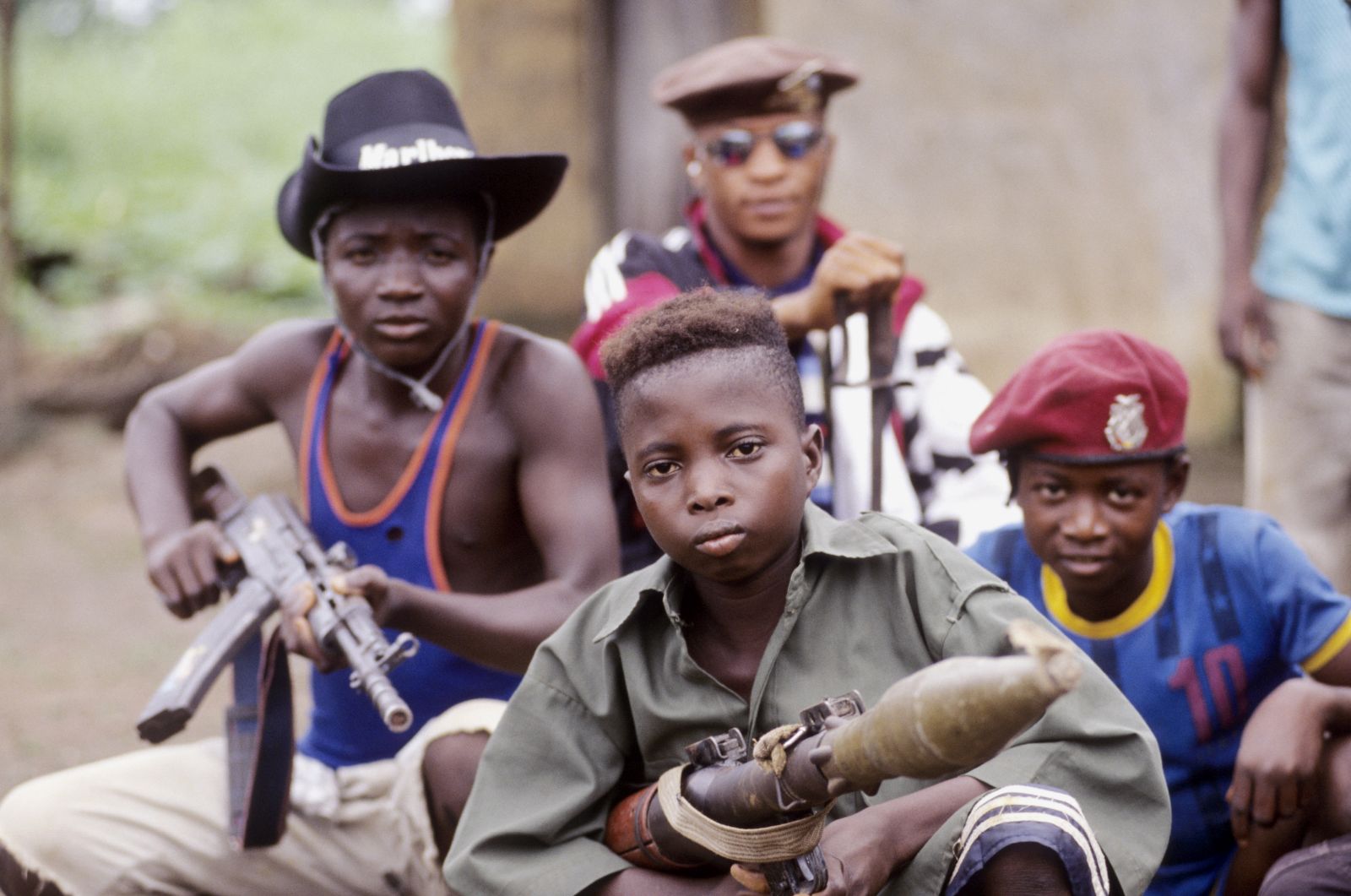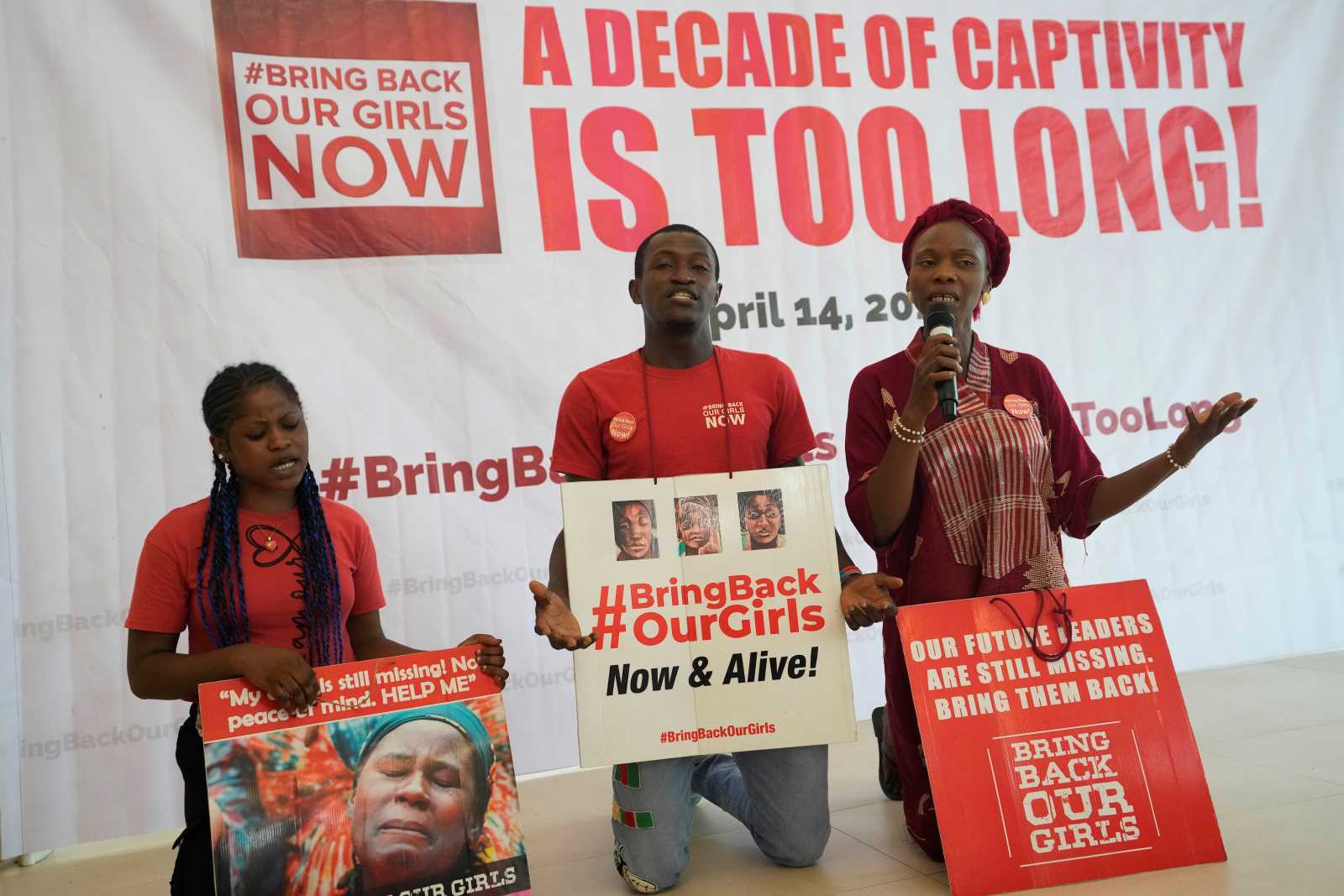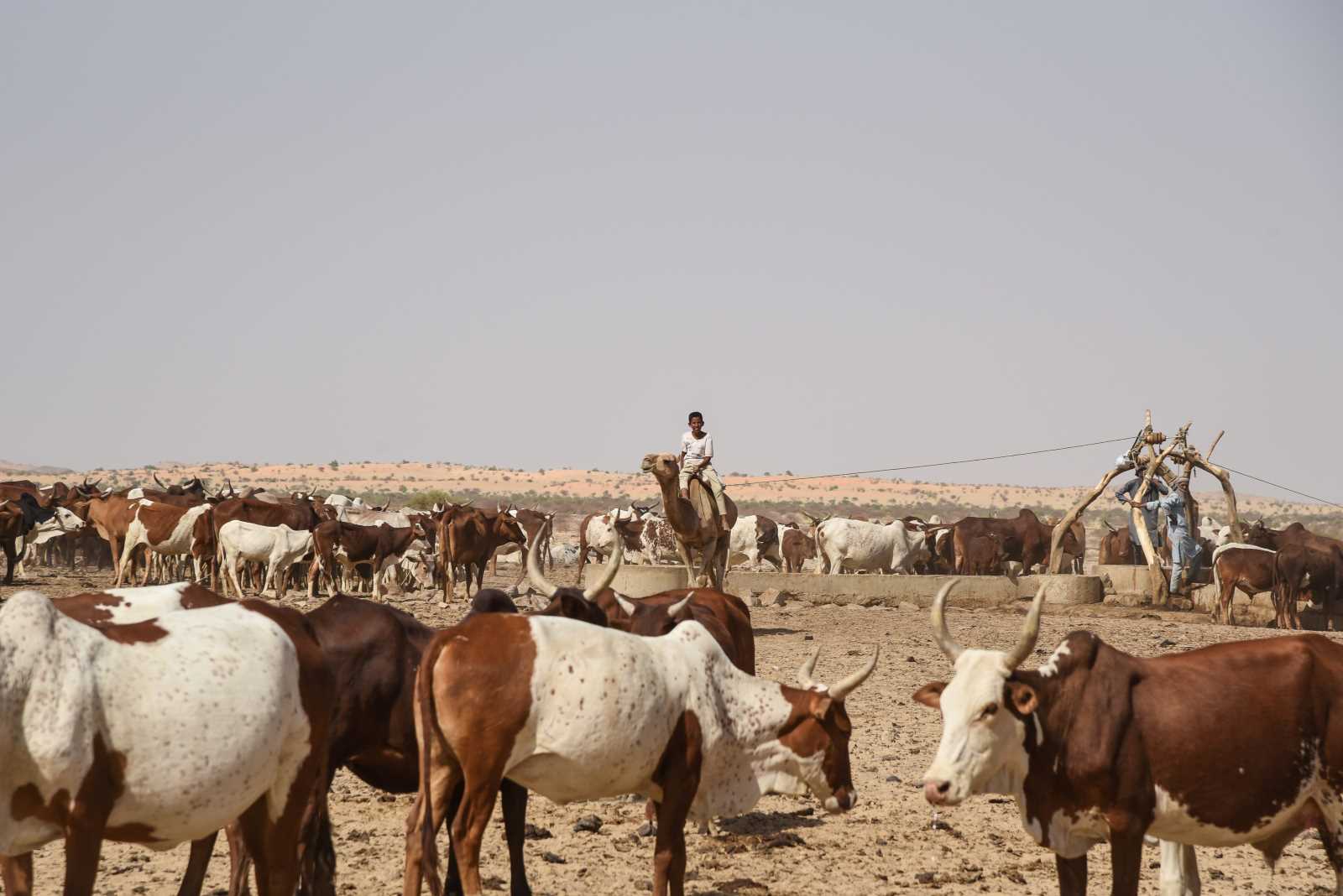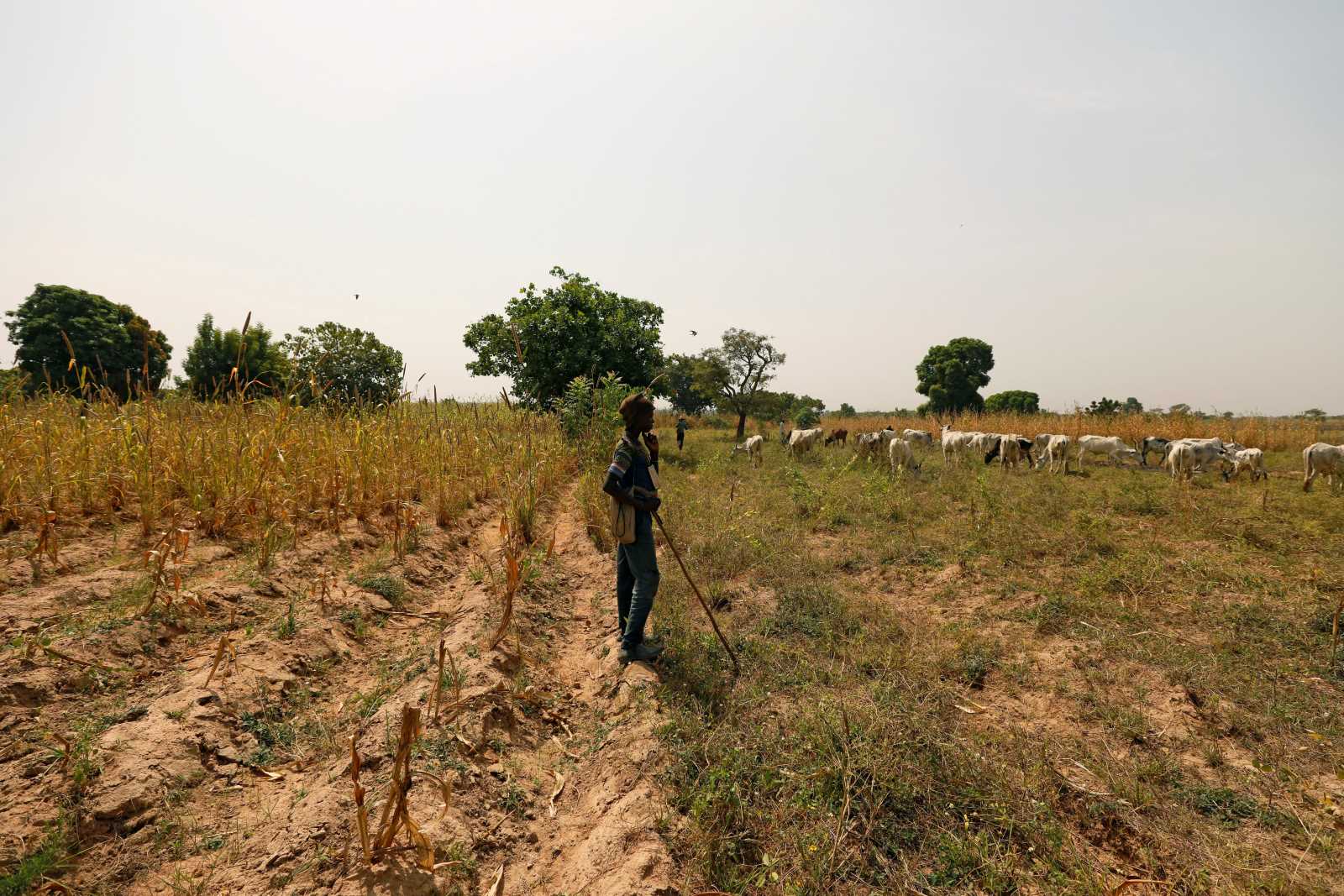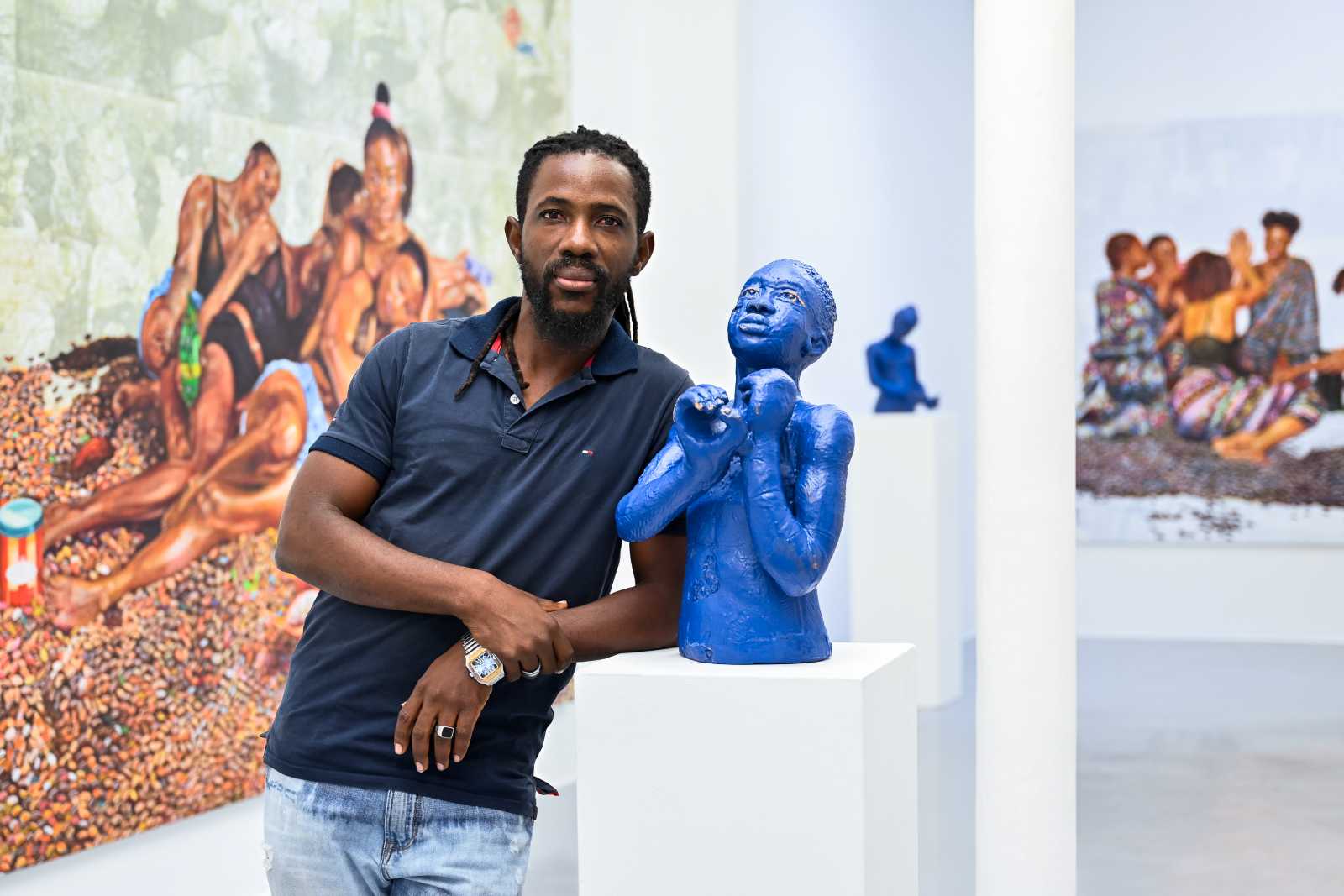Islamism
Preventing Boko Haram from recruiting young people

Globally, extremist groups exploit the basic human need for community to target young people to join their organisations. One prominent example is what is commonly called “Boko Haram” – an Islamist terrorist network operating in northeastern Nigeria and neighbouring countries. The name can be translated with “western education is forbidden” and refers to teachings of Mohammed Yusuf, who led the insurgency until he was killed in 2009. The insurgents do not call themselves Boko Haram, however. Rather, different factions of the group use different names.
In its beginning, Boko Haram vehemently condemned the prevalent corruption and how government agencies mismanaged resources, particularly in northeastern Nigeria. However, the group gradually gained notoriety as an anti-government sect as its members became increasingly violent.
Boko Haram’s goal is to impose its vision of an Islamic state. To do so, the group needs manpower. Like other terrorist organisations worldwide, it has a preference for recruiting youths, mainly from Nigeria and the neighbouring countries Niger, Chad and Cameroon.
The majority of these young people are from disadvantaged backgrounds and have suffered neglect, so they are susceptible to indoctrination. Since they are not easily detected in public, the terrorist group uses them as spies, suicide bombers and couriers. They are often trained to fight.
Channels of recruitment
Over the years, the internet has become the most important platform through which Boko Haram and other extremist organisations recruit members and radicalise people. They spread their terrorism propaganda through chat rooms, videos, literature and groups, including social media platforms such as WhatsApp, Facebook and X. By studying young people’s interest and creating some level of trust, terrorists find ways into their minds.
Some terrorists join an online group or create a seemingly innocent work, business or religious group to monitor the behaviour of the internet users. They identify those vulnerable or sympathetic to extremism and tailor their messages accordingly.
Various motivations to join terrorists
Moreover, radicalisation is an effective strategy used by Boko Haram. The terror group distorts religious demands, targeting young people who trust faith leaders and do not study the holy scriptures themselves. Its members infiltrate Quranic schools, mosques, prisons, markets and football fields. Some young people therefore believe that Boko Haram is doing “God’s work”. Others are lured to Boko Haram by family members who form part of the group. Some participate because they fear retaliation.
Boko Haram also exploits broken family structures. Its members use youths and children from dysfunctional families, orphans and abandoned children to traffic weapons or run errands. It is well known that Boko Haram also uses brutal force to recruit new members, including the indiscriminate kidnapping of school children.
Enabling environment
Economic and social factors contribute to young people joining Boko Haram and engaging in religious violence. High poverty and unemployment levels coupled with low education create an enabling environment for the terrorists. They propagate religious ideology as a panacea to solve societal ills. Northern Nigeria’s socio-economic problems can be found in other West African countries too, with similar effects regarding the willingness of young people to join insurgent groups, for example in Mali, Niger and Burkina Faso.
Many children of school age are not enrolled in schools, and the literacy rate is low. If young people cannot read or write, however, they tend to lack the skills to question the narratives of religious extremists.
Boko Haram lures youths with financial incentives, promises of employment and interest-free loans for business. The terrorists also provide money to families of “martyrs”. They support families of recruits and veterans as well.
The exact number of youths recruited by Boko Haram remains unknown, not least because Nigeria lacks an accurate database of its population. UNICEF estimates that thousands of child soldiers have been recruited by Boko Haram and other armed groups in Nigeria between 2009 and 2022.
Boko Haram consists mainly of unemployed men. However, among the members are also women and influential people. Boko Haram is known to derive its funding from kidnappings and robbery, but also Islamic donations and financial assistance from international terrorist groups.
Measures to tackle recruitment
Nigeria’s federal government and other actors should implement measures to prevent recruitment of young people by extremist forces. First and foremost, education must be prioritised in Nigeria’s north. Young people who read and write and have learned to think for themselves are less susceptible to terrorist propaganda. Communities and the government must make sure that citizens fully understand the values and benefits of western-style education.
Promoting peaceful and tolerant coexistence is central. This message should be spread widely, from arts and media to town meetings. Radical messaging needs to be countered.
Creating jobs must be a priority as well. The government should set up programmes to promote vocational skills in order to give young people perspectives. Everyone deserves a chance to escape poverty. They need decent jobs so they can make a living instead of relying on funding by extremists.
Moreover, civil-society organisations must implement programmes at the community level to take care of particularly vulnerable children. Adequate funding is essential. No orphan or child from a broken family should be left behind and fall victim to terrorist recruitment.
In order to achieve all this, government authorities and civil-society organisations need to cooperate with community leaders and families. Only together can they strengthen the social and economic structures that prevent easy recruitment of youths in Nigeria by Boko Haram and other extremists.
Adaze Okeaya-inneh is a journalist and screenwriter in Lagos.
adazeirefunmi@gmail.com

